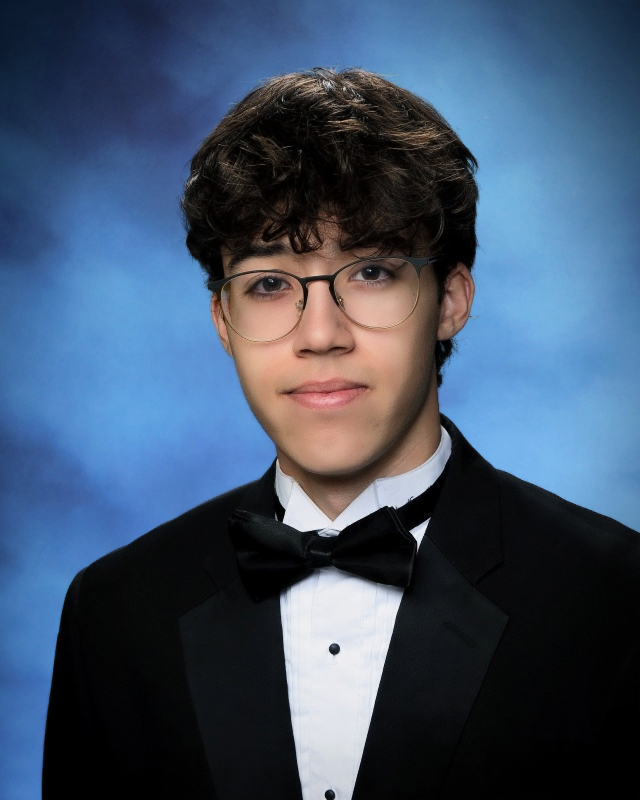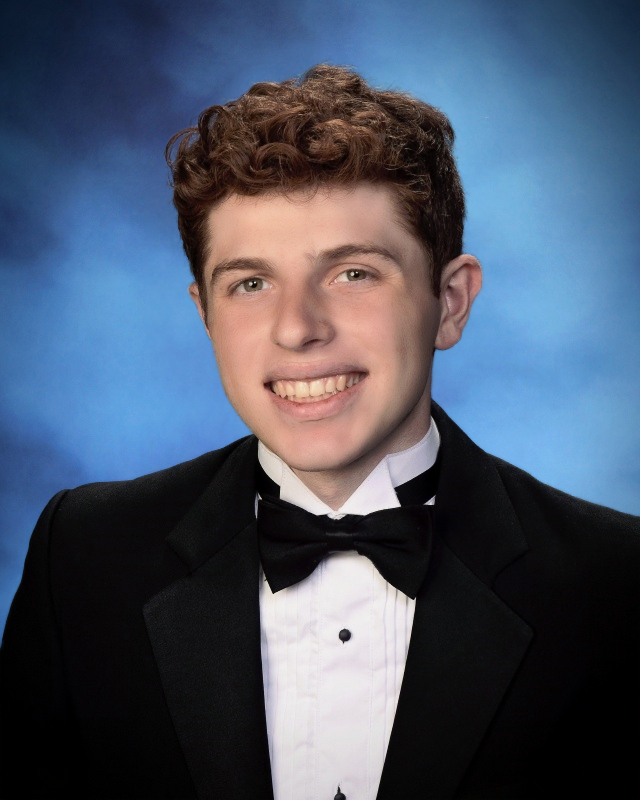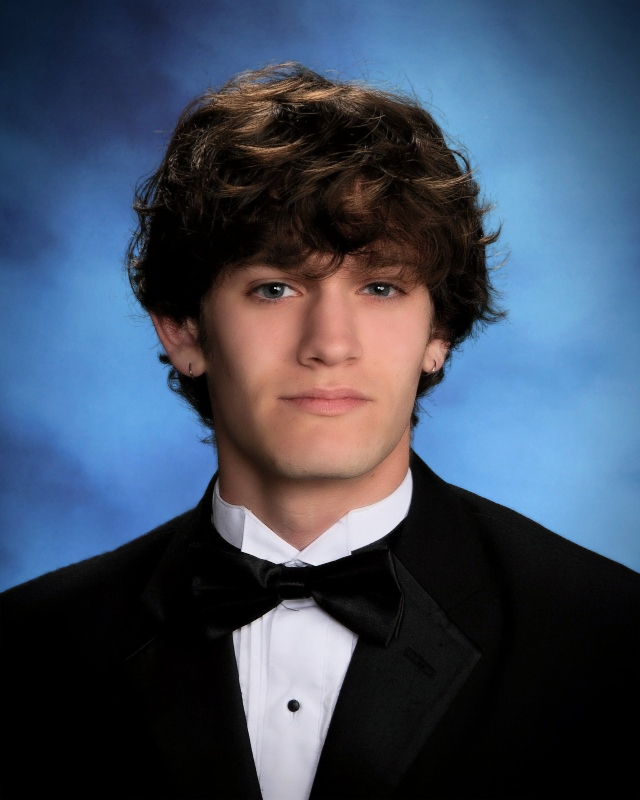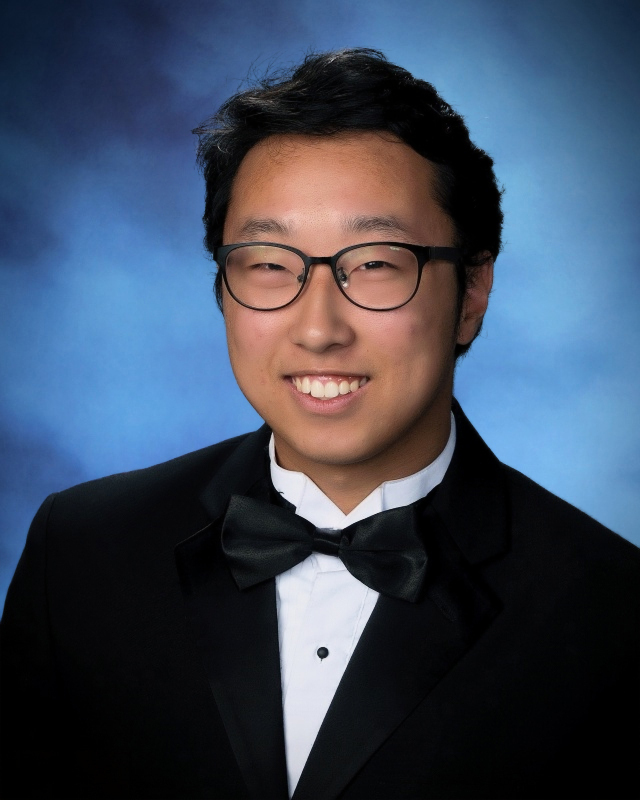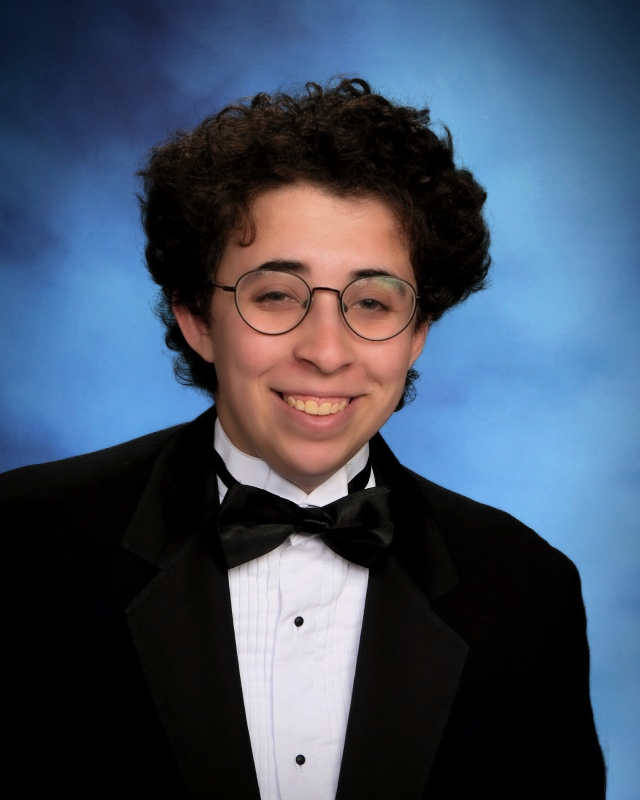As I sit down to write this article, I think to myself: What a boring and derivative way to begin my senior reflection.
One of Western philosophy’s oldest metaphysical thought experiments is that of the ship of Theseus. It poses this question: As a ship ages, and new planks replace its decaying ones, is it the same ship? Or a completely foreign one bearing the same name?
Entering high school, I had plans to write the next Great American Novel, devise an infallible two-state solution and, time permitting, cure cancer.
My high school experience can best be visualized as repeated bouts of gladiatorial combat between my health, grades, relationships and extracurricular commitments. I would occasionally miss over a week of school. Whether due to a concussion, flu, mono or myriad undiagnosable illnesses, it did not matter; Roman gladiators rarely lasted longer than a few rounds. For a long time, I struggled to accept that drifting away from my middle school friends was a natural byproduct of life and not a systematic, multi-pronged disavowal of my character. The world isn’t out to get me (but whom should I believe, trusted adults or the voices in my head?).
Logically, I should be counting every second until I can finally bid WJ adieu. But the memories of all my positive experiences here have arrested my attention: a model United Nations conference in Baltimore, collapsing on a rollaway bed, dreaming about slapping Indonesia across his smug face; arguing in APUSH that Ralph Nader is the most influential figure in American history; my first official meeting with The Pitch Editorial Board.
Would 9th grade Siddharth feel the same? I can’t say. Supposedly, we’re the same person. But he appears to me a total stranger. I remember his interests and goals. Little else, though. Could I talk to him? Could we bond over shared interests or life experiences? I can’t say.
I even struggle to recall what 9th grade Siddharth felt when he first came to WJ. I would assume, like most of his peers, he felt a mixture of awe, excitement and intimidation. What did he remember of middle school? The good? The bad? Maybe whatever unholy cocktail he’d get from combining the two? What did 6th grade Siddharth remember of elementary school?
All I know is my thoughts and that I wish I could banish them, because they are making my final few days as a high school student all the more difficult.
Every press for The Pitch has been an outward explosion of passion and raw kinetic energy that always yields beauty. Every article I have written is self-flagellation that induces catharsis. Room 193 was inwrought with a fairytale sense of wonder.
Every person’s memories are exclusively theirs. So as I age, when future Siddharths look back on this moment, they won’t be able to fully grasp how I feel. The true extent of my emotions will be lost to them.
If this is the case, I’m not sure I’m ready to leave. I am doomed to drift away from all that I have seen and heard and lived and loved. As I evolve, my memories will irreversibly decay. I can’t say goodbye to them just yet. I don’t want to say goodbye to them at all.
So it goes. There will come a time when these memories will gather dust like old picture frames. I’ll look at them not with the affinity of first-hand experience but with a tinge of sentimentality. Will future Siddharth, whichever version he may be, understand he has lost so crucial a part of my life? I can’t say. But I still have this reflection and this issue, along with all the other stories and newspapers and magazines to which I have contributed. As long as I can rifle through these pages and read and reread these stories, my memories will live on. Surely there is no better fate for them than that.








